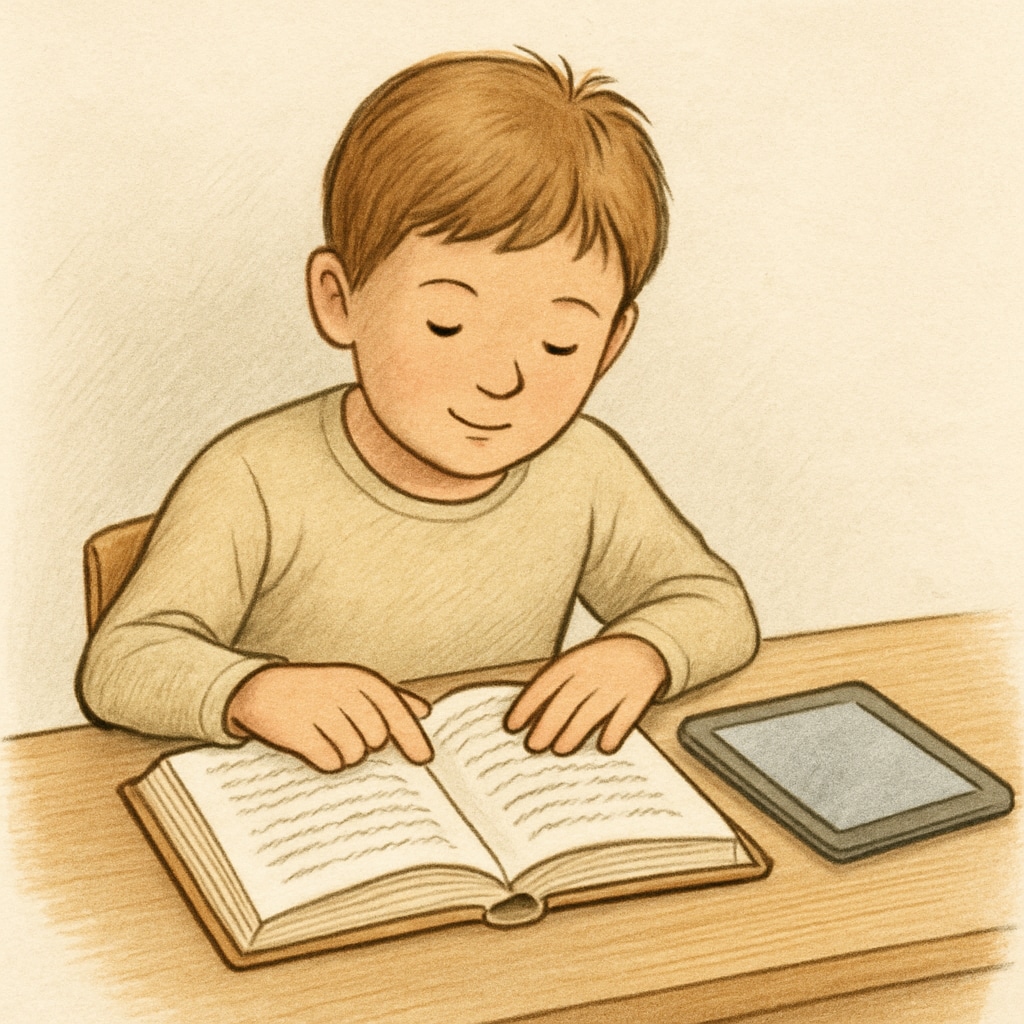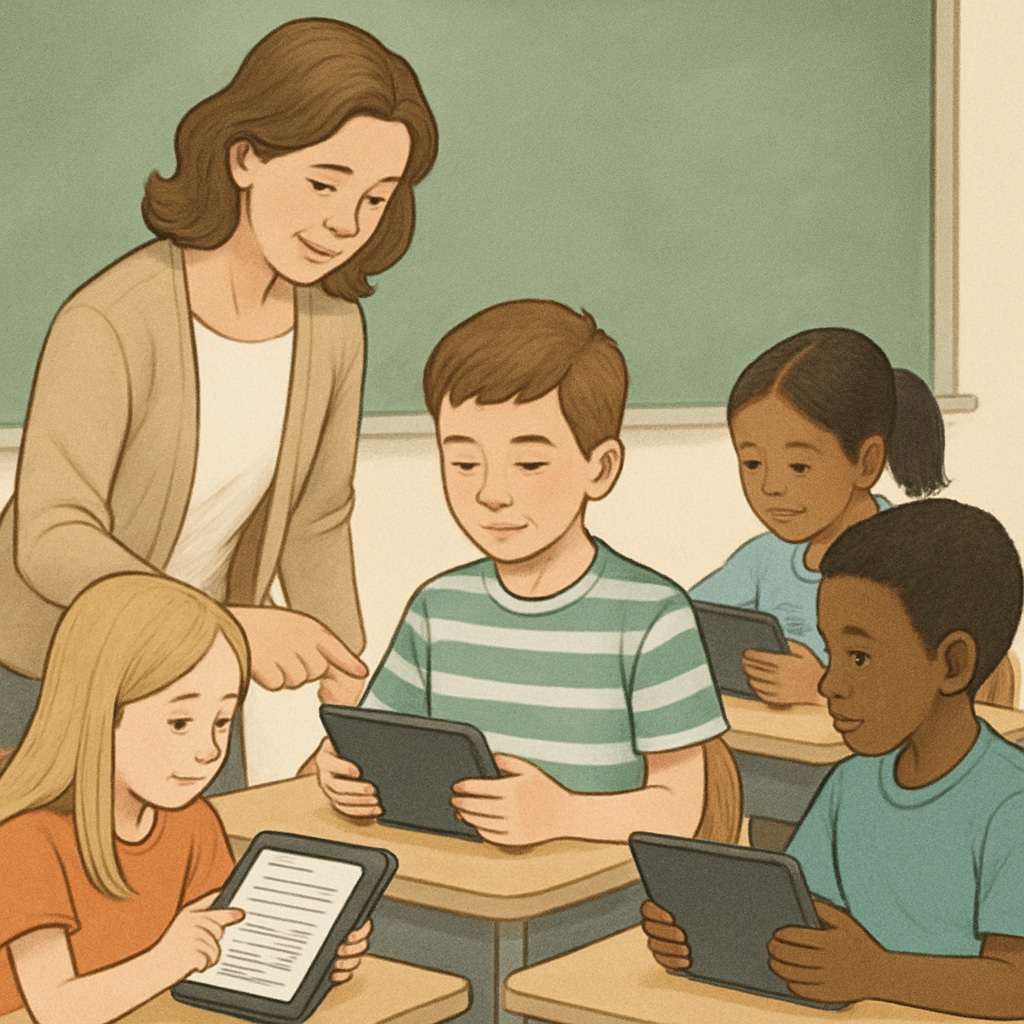Accelerated Reader (AR) has long been a staple in schools and homes for assessing reading comprehension through its point system. However, many parents and educators are seeking free alternatives to this popular program to better cultivate reading interest in children while staying within budget. Thankfully, there are numerous free tools available that can effectively support reading comprehension development and foster a lifelong love for reading. Let’s explore these alternatives and how they can be integrated into a learning routine.
Why Look Beyond Accelerated Reader?
Accelerated Reader’s point-based system, though effective, has certain limitations. For instance, it often ties reading to rewards rather than intrinsic motivation, which can lead children to view reading as a task rather than a pleasure. Additionally, the program’s licensing fees can be prohibitive for schools or families with limited budgets. Free reading comprehension tools offer a flexible and cost-effective way to address these issues while still providing valuable assessments and engaging content for young readers.

Top Free Reading Comprehension Tools to Consider
Here are some excellent free tools and platforms that can serve as alternatives to Accelerated Reader:
- ReadTheory: This platform offers personalized reading comprehension exercises tailored to each student’s level. It provides instant feedback and detailed progress reports, making it an excellent choice for both parents and teachers.
- CommonLit: Designed for grades 3-12, CommonLit provides a library of high-quality, leveled texts with accompanying comprehension questions. The platform also includes tools for tracking student progress.
- Newsela: Newsela adapts real-world news articles to different reading levels, encouraging students to engage with current events while improving their comprehension skills.
- Khan Academy Kids: With its interactive interface and engaging content, Khan Academy Kids is ideal for younger learners, offering stories and quizzes that promote reading skills.
These tools not only save costs but also introduce a variety of reading materials that cater to diverse interests, ensuring that children remain motivated and curious.
How to Use Free Tools Effectively
To maximize the benefits of these free resources, it’s essential to use them strategically. Here are some practical tips:
- Set Clear Goals: Define specific objectives, such as improving vocabulary, enhancing comprehension, or increasing reading fluency.
- Create a Routine: Dedicate consistent time slots for reading activities, ensuring they become a regular part of the child’s schedule.
- Encourage Discussion: After completing a comprehension activity, discuss the material with the child to deepen understanding and encourage critical thinking.
- Monitor Progress: Use the tools’ built-in reporting features to track improvements and adjust the learning plan as needed.
By integrating these strategies, parents and educators can create a supportive and engaging learning environment that nurtures a love for reading.

The Long-Term Benefits of Free Reading Tools
In addition to being budget-friendly, free reading comprehension tools offer long-term advantages. They provide access to a wide range of texts, expose children to diverse perspectives, and build critical thinking skills. Furthermore, many of these platforms are continuously updated, ensuring that students have access to fresh and relevant content.
For example, platforms like CommonLit and Newsela introduce students to various genres and topics, from historical events to scientific discoveries, broadening their knowledge base while improving literacy. This holistic approach helps children connect reading to real-world applications, making the process more meaningful and enjoyable.
Conclusion: Choosing the Right Tool for Your Needs
Finding an alternative to Accelerated Reader doesn’t have to be daunting. With so many free tools available, parents and educators can choose options that best suit their children’s unique needs and interests. Whether it’s personalized exercises on ReadTheory, engaging news articles on Newsela, or interactive stories on Khan Academy Kids, these resources empower children to excel in reading comprehension while fostering a genuine love for learning.
As we explore these free tools, it’s essential to remember that the ultimate goal is to help children see reading as an enjoyable and rewarding experience. With the right approach and resources, we can inspire a new generation of passionate and capable readers.
Readability guidance: This article uses concise paragraphs, clear transitions, and a mix of lists and examples to enhance readability. Each section is designed to provide actionable insights while maintaining an engaging tone suitable for educators and parents.


